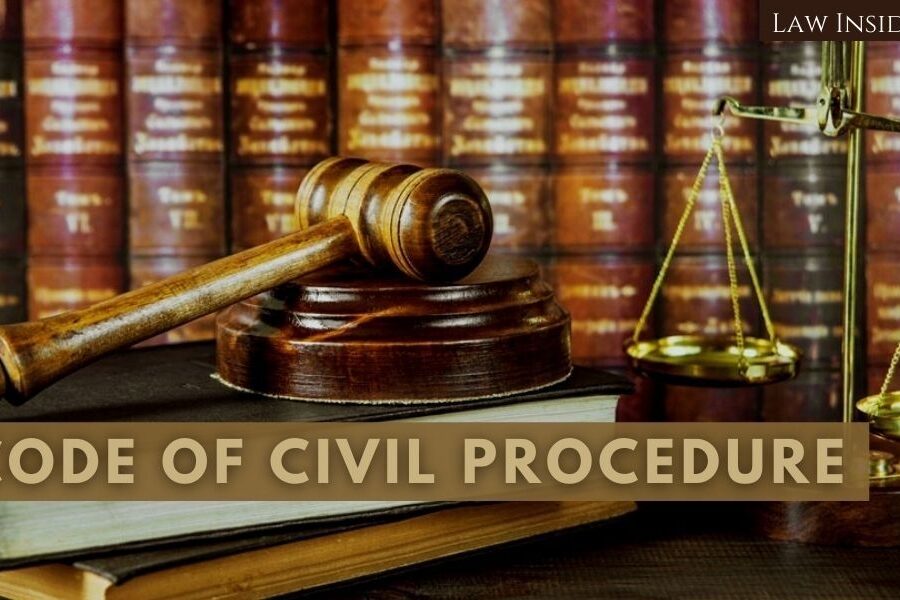In the present column, we shall deal with the interplay between the contours of jurisdiction under the CPC and exclusive jurisdiction clauses which can be frequently found in civil and commercial contractual agreements.
An exclusive jurisdiction clause is essentially a clause delineating the parties’ mutual agreement to choose to have their dispute adjudicated by the courts of a particular jurisdiction. These clauses are often termed as ‘ouster clauses’, since the choice of one particular jurisdiction by the parties is effectively an ouster of all other courts to adjudicate disputes.
Ouster clauses, however, face a common objection on the grounds of public policy. In other words, should such clauses allow parties to choose a court of law that would never have had jurisdiction as per Sections 9 and 15-20 of the CPC? Or will courts of law hold such an agreement to be in restraint of legal proceedings under section 28 of the Indian Contract Act, 1872?
The law on this point was well settled by the Supreme Court in Hakam Singh v Gammon (India) Ltd. In Hakam Singh, the Supreme Court was dealing with a situation where a contract between two parties contained an exclusive jurisdiction clause, stating that only courts in Mumbai will have jurisdiction to adjudicate the dispute. While the respondent company was based out of Mumbai, the cause of action for the dispute arose in Varanasi. The trial court held that since the cause of action had arisen in Varanasi, the parties could not by agreement confer jurisdiction on courts in Mumbai.
The Supreme Court disagreed with the trial court’s interpretation. It held that parties were indeed restrained from conferring jurisdiction on a court which would, otherwise, not have jurisdiction. However, where two courts had concurrent jurisdiction as per the provisions of the CPC, an agreement between the parties to confer exclusive jurisdiction to one (and oust the jurisdiction of the other) would not be a violation of Sections 23 (violation of public policy) and 28 of the Contract Act.
Payment of court fee: A civil suit prerequisite
A court fee is levied on any substantive pleading filed before a court of law to institute legal proceedings for two reasons: first, to generate revenue for the State, and second, to deter vexatious and frivolous proceedings from being initiated by litigants. While court fees in India is regulated by the provisions of the Court Fees Act, 1870, a number of states have enacted legislation to levy court fees in accordance with List II, Entry 3 of the Seventh Schedule of the Constitution.
Sections 3 and 4 of the Court Fees Act, 1870 provide for fees to be charged by the High Court on the original and appellate side pleadings. Section 7 provides for how fees are to be computed in respect of different suits. It is read in conjunction with Schedule I, which covers the levy of ad valorem fees (based on value of the subject matter of the suit), and Schedule II, which covers fixed fees. A refund of court fees can be claimed in certain situations, such as withdrawal of the suit, and is specifically covered under Sections 13-16. Any collection of court fees is usually collected through stamps (as is provided under Section 25 of the Act).
Requirements of Order VI Rule 14A
Order VI Rule 14A of the CPC requires that along with every pleading filed in court, a statement should be filed by the party providing the correct address of the party, which shall be called the “registered address of the party”. Sub-section (2) also allows a party to inform the court if the said address has been changed, and to provide details of the new address by filing the relevant form.
Pre-institution mediation under the Commercial Courts Act
The Commercial Courts Act, 2015 has given a tremendous boost to alternative dispute resolution methods such as mediation for resolving commercial disputes. Section 12-A of the Commercial Courts Act makes trying mediation before the institution of any commercial suit mandatory. This was recently upheld by the Supreme Court in Patil Automation. The Supreme Court also laid down that any suit which was filed without complying with the mandate under Section 12-A was liable to be rejected under Order 7 Rule 11 of the CPC.
Conclusion Understanding the essentials of a civil suit is crucial for navigating the legal process effectively. Exclusive jurisdiction ensures that cases are heard by the appropriate court, court fees are necessary to initiate legal proceedings, and pre-institution mediation provides an alternative avenue for dispute resolution, potentially leading to faster and less adversarial outcomes. Each of these elements plays a significant role in the efficient functioning of the civil justice system


Always ahead of the curve with global healthcare trends.
lisinopril 20 mg purchase
A stalwart in international pharmacy services.